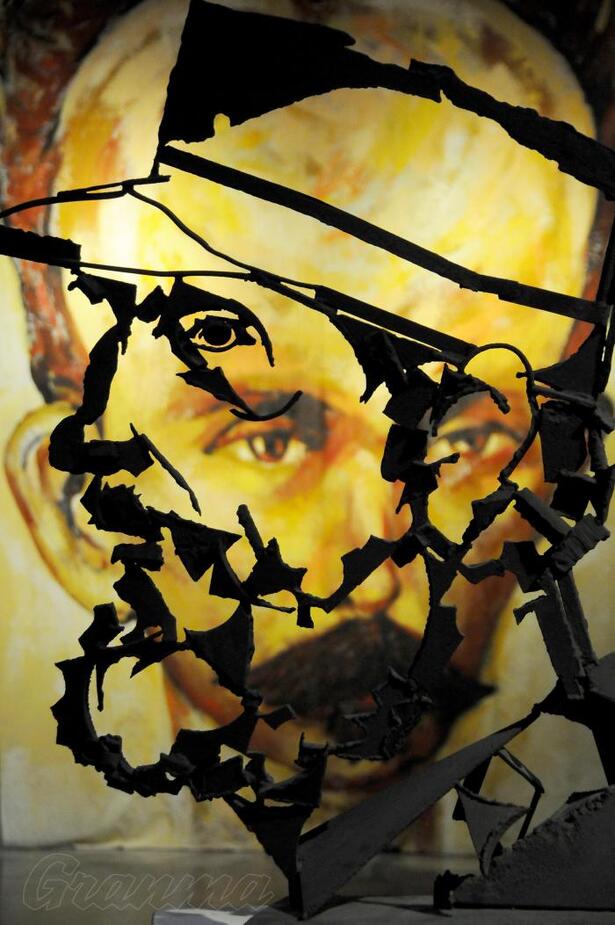|
It is important for us to focus on the enemy and denounce them, but it is also very necessary to work on strengthening the socialist culture, the critical analysis and political debate between us. How to think and do Cuba today? The liberal thought trends which are globally hegemonic, have a discourse about our country that is characterized by one key aspect: they analyze the Cuban reality through a rhetoric full of abstractions, while proposing solutions that mimic the model of liberal democracies of the so-called “first world”. The Cubans who did the most to obtain unity among the different political powers of the nation, also were two essential pillars in the making of an of authentic and counter-hegemonic platform of thought, according to the moment in which they lived: José Martí and Fidel Castro. They did not forge unity in a vacuum, they did so without abandoning the development of a specific political program, with a deep sense of independence, anti-imperialist, and social justice; in the case of Fidel, a program also deeply rooted in Marxism. Both revolutionary leaders gave a fundamental weight to the plane of ideas and through millions of pages filled with the best of Cuban and global thought left their mark on history. Something distinguishes them: a vision of Cuba taking into account all the variables of its context. This means, above all, the analysis of the sociopolitical situation in Cuba at the height of the time in which they lived. Through their essential contradictions, their sharp edges, their difficult points, they never shied away from addressing the knots in which the course of the nation faltered at on its path towards sovereignty and social justice. Considering the given sociohistorical determinations, also, the geopolitical coordinates of Cuba, located 90 miles from the United States and in South Latin America. Any analysis of our reality, even of its internal contradictions, that does not take into consideration the mentioned facts, is a limited analysis. “I’m the son of America and I owe it to her” Marti would say, and in that way connect to the reality of the Latin-American peoples, those who are “From Bravo to Patagonia” . Sometimes among Cubans there is a vision of capitalism that is unjustifiably closer to what the Nordic social democracies are, than to what capitalism has been and is in our region. What are the problems of our peoples and what are also their forms of resistance and struggle? The exercise of Marxism can be a valuable resource to continue developing critical revolutionary thought, without which it will be difficult to put the problems we face into perspective, if we wish to deepen socialism and, for that matter, carve out a horizon of greater democracy and equality. Today, other demands require our attention in form of thought and practice. There is the call of popular, anti-capitalist and anti-colonial feminisms, with a collective imaginary and tradition of struggle from below and to the left, to which we could contribute much of our experience, and from which we could also learn. We should not stay on the sidelines of the epistemic revolution that feminisms have promoted through their rebellion against capitalism and the heteropatriarchy. Cuba’s proposition in this context is, then, a provocation to the dialogue, critical revolutionary thought, politicization, and collectivization of the analysis of our reality. It is important that we focus and denounce the enemy, but it is also very necessary to work on strengthening the socialist culture, the critical analysis and political debate between us. AuthorKarima Oliva Bello This article was translated to english from Granma. Archives March 2022
1 Comment
Charles Brown
3/24/2022 12:30:20 pm
It’s not _hetero_ patriarchy Half of heterosexuals are women; and homosexual men are male supremacist, too.
Reply
Leave a Reply. |
Details
Archives
July 2024
Categories
All
|

 RSS Feed
RSS Feed